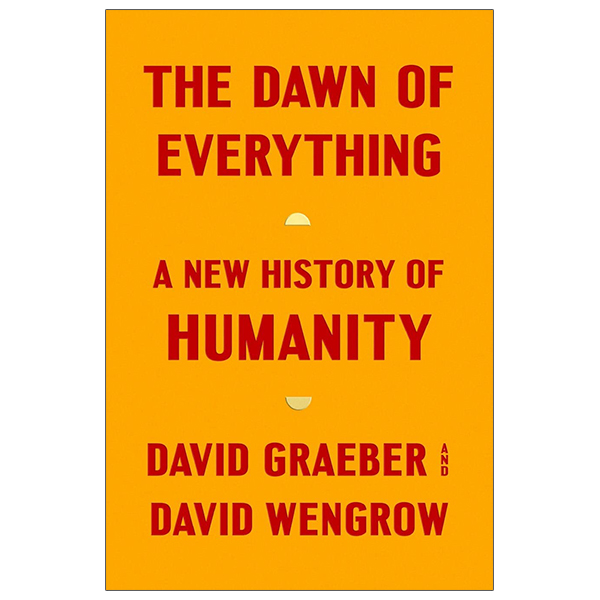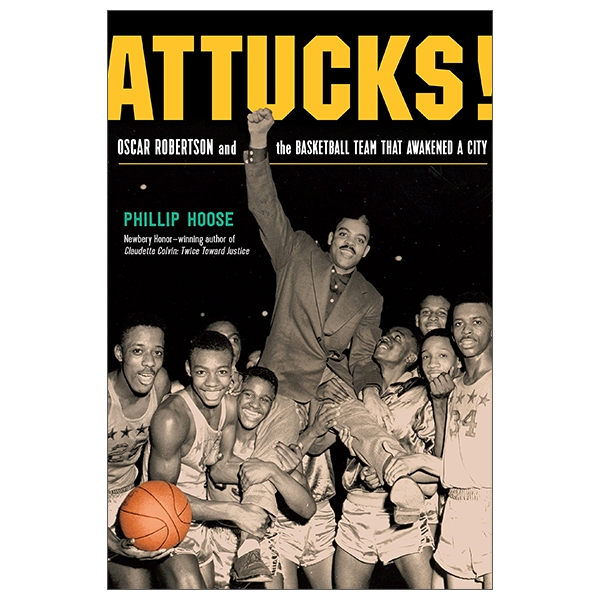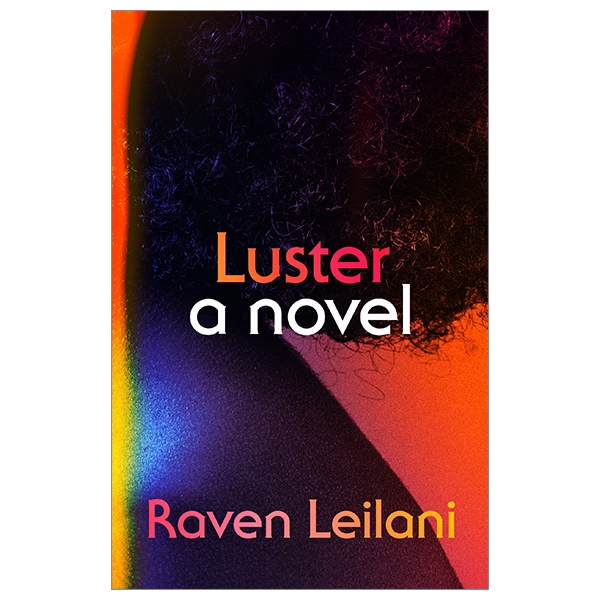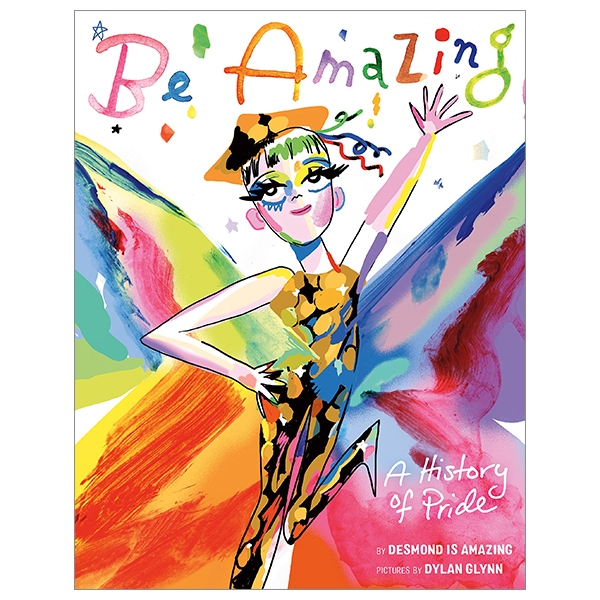A NEW YORK TIMES NOTABLE BOOK OF THE YEAR
A BEST BOOK OF THE YEAR: NPR, O Magazine, Vanity Fair, Los Angeles Times, Glamour, Shondaland, The New York Times Book Review, Boston Globe, Buzzfeed, Kirkus, Time, Good Housekeeping, InStyle, The Guardian, Literary Hub, Electric Literature, Self, The New York Public Library, Town & Country, Wired, Boston.com, Happy Mag, New Statesman, Vox, Shelf Awareness, Chatelaine, The Undefeated, Apartment Therapy, Brooklyn Based, The End of the World Review, Exile in Bookville, Lit Reactor, BookPage, i-D
A FAVORITE BOOK OF THE YEAR: The New Yorker, Barack Obama
A BEST BOOK FOR HOLIDAY GIFTS: AV Club, Chicago Tribune, New York Magazine/The Strategist, The Rumpus
WINNER of the NBCC John Leonard Prize, the Kirkus Prize, the Center for Fiction First Novel Prize, and the Dylan Thomas Prize
AN INSTANT NEW YORK TIMES BESTSELLER
NATIONAL INDIE BESTSELLER * LOS ANGELES TIMES BESTSELLER * WASHINGTON POST BESTSELLER
"So delicious that it feels illicit . . . Raven Leilani’s first novel reads like summer: sentences like ice that crackle or melt into a languorous drip; plot suddenly, wildly flying forward like a bike down a hill." ―Jazmine Hughes, The New York Times Book Review
“An irreverent intergenerational tale of race and class that’s blisteringly smart and fan-yourself sexy.” ―Michelle Hart, O: The Oprah Magazine
No one wants what no one wants.
And how do we even know what we want? How do we know we’re ready to take it?
Edie is stumbling her way through her twenties―sharing a subpar apartment in Bushwick, clocking in and out of her admin job, making a series of inappropriate sexual choices. She is also haltingly, fitfully giving heat and air to the art that simmers inside her. And then she meets Eric, a digital archivist with a family in New Jersey, including an autopsist wife who has agreed to an open marriage―with rules.
As if navigating the constantly shifting landscapes of contemporary sexual manners and racial politics weren’t hard enough, Edie finds herself unemployed and invited into Eric’s home―though not by Eric. She becomes a hesitant ally to his wife and a de facto role model to his adopted daughter. Edie may be the only Black woman young Akila knows.
Irresistibly unruly and strikingly beautiful, razor-sharp and slyly comic, sexually charged and utterly absorbing, Raven Leilani’s Luster is a portrait of a young woman trying to make sense of her life―her hunger, her anger―in a tumultuous era. It is also a haunting, aching description of how hard it is to believe in your own talent, and the unexpected influences that bring us into ourselves along the way.




